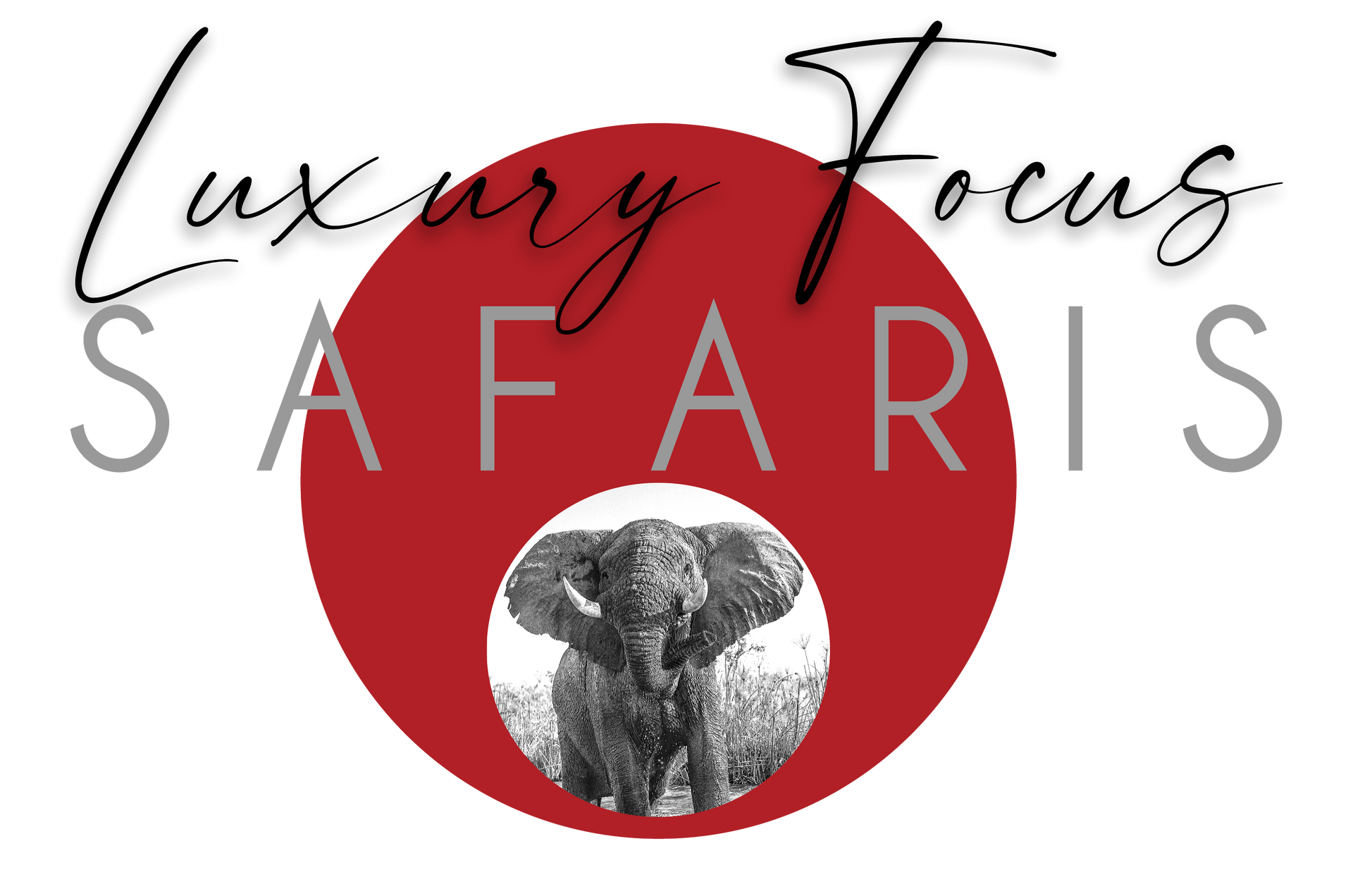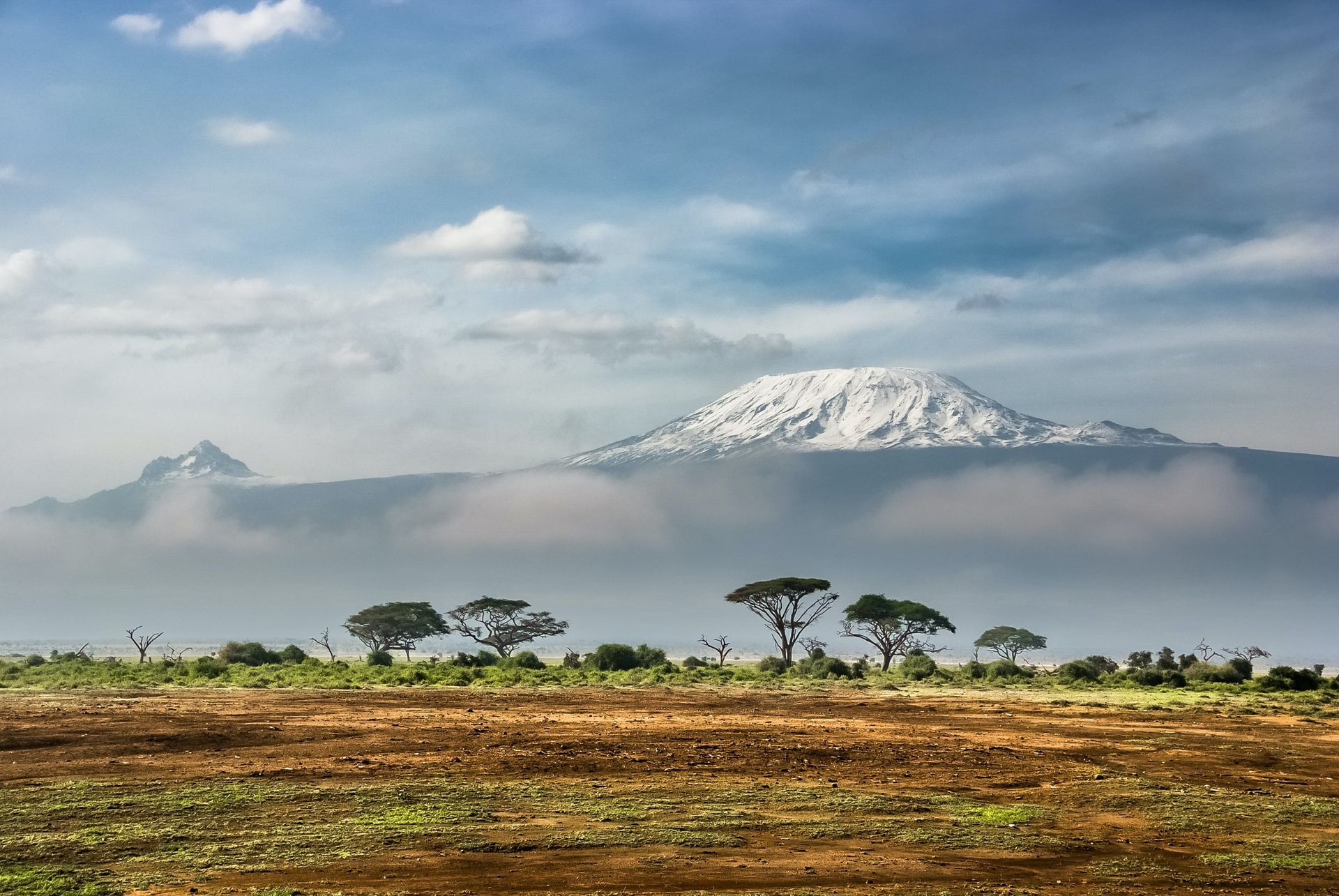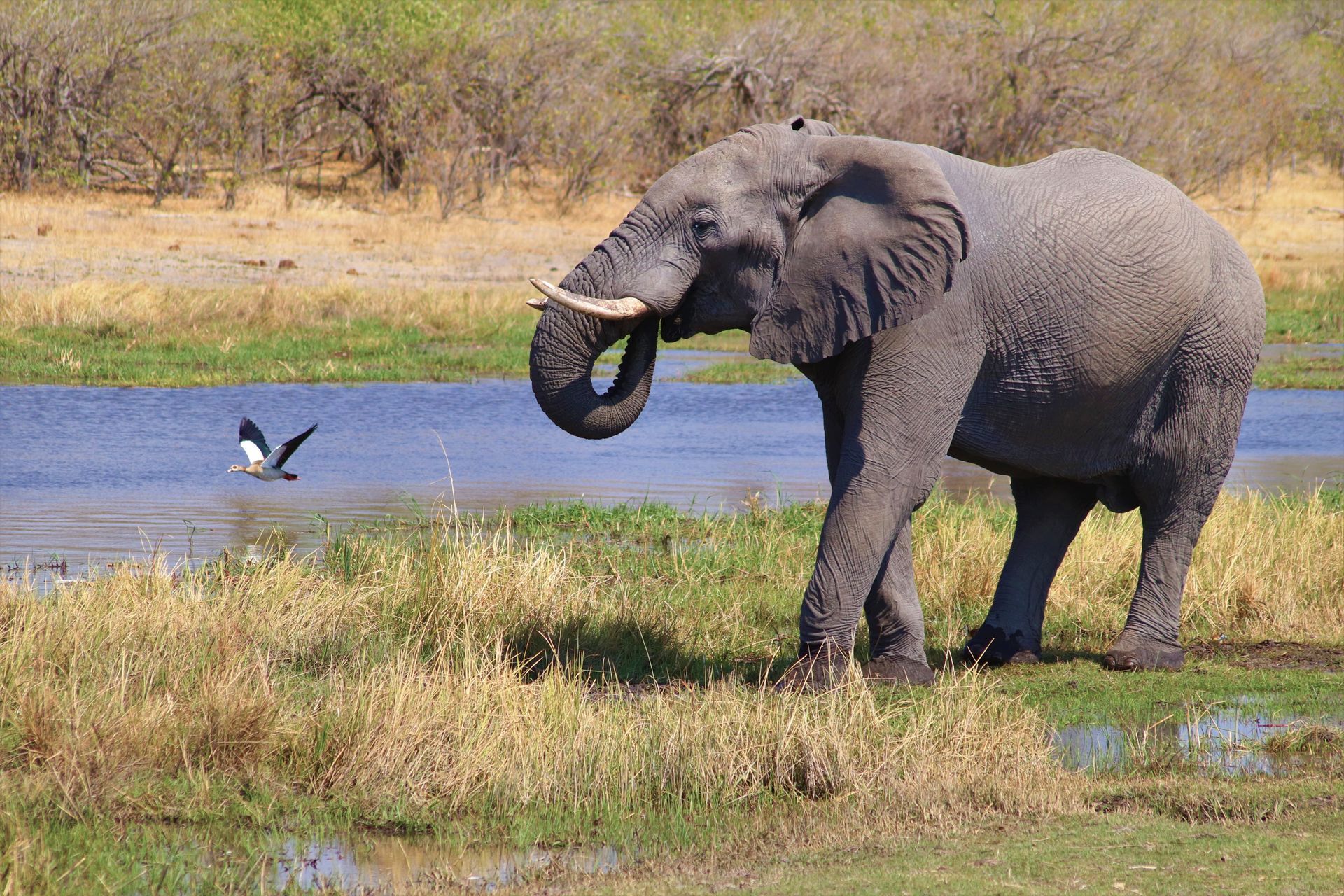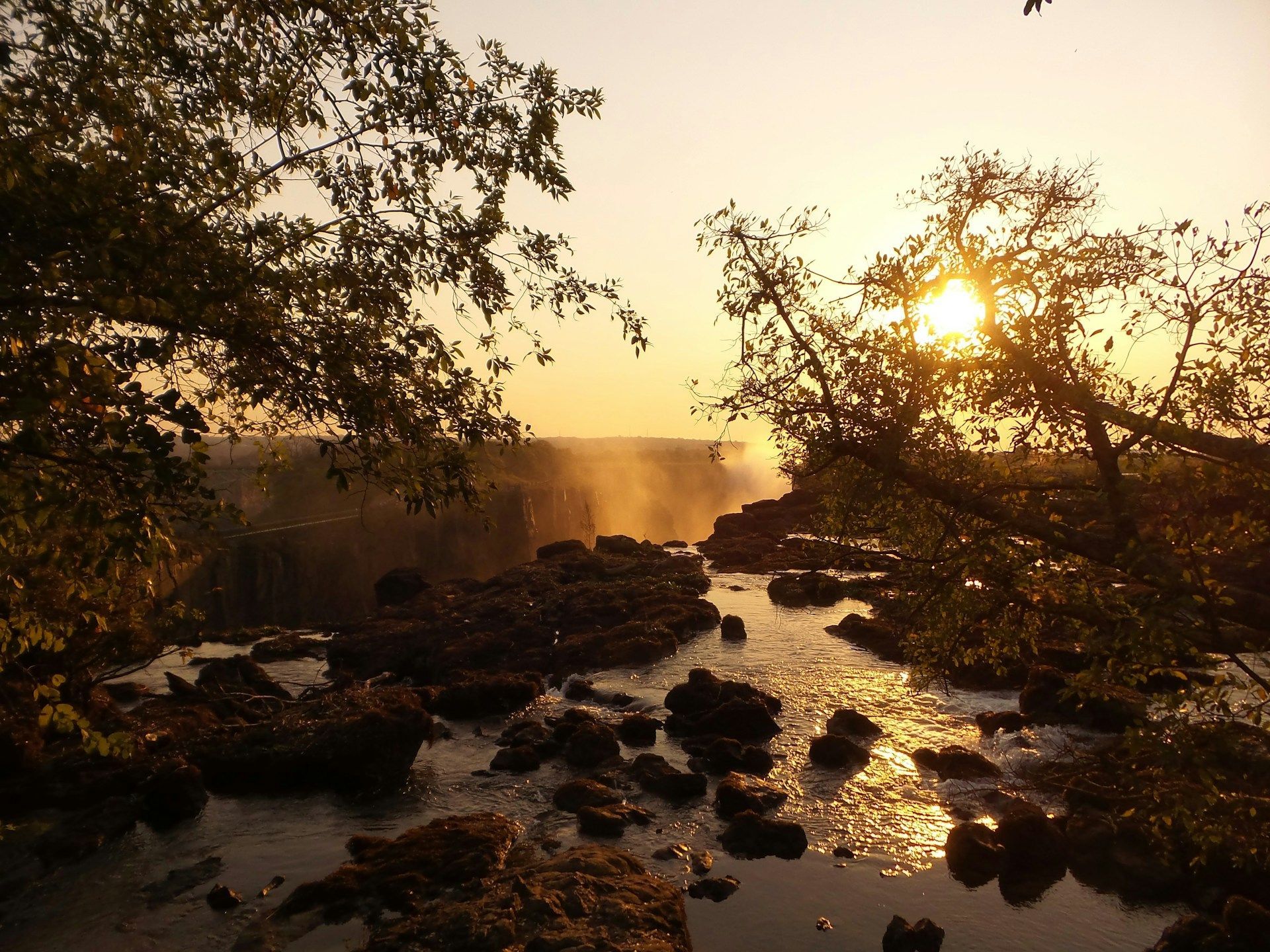Safaris
Safaris
Safaris
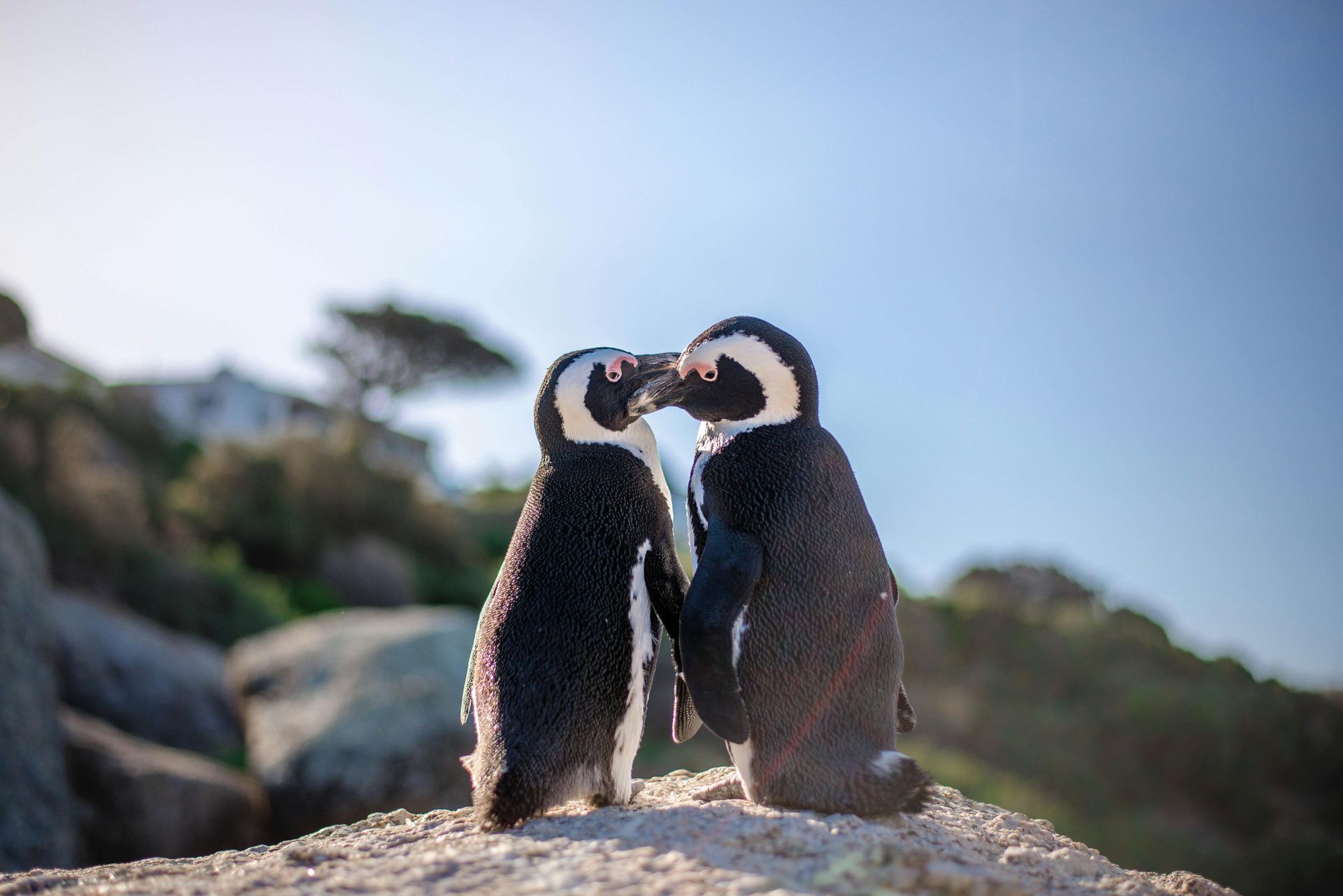
Slide title
Write your caption hereButton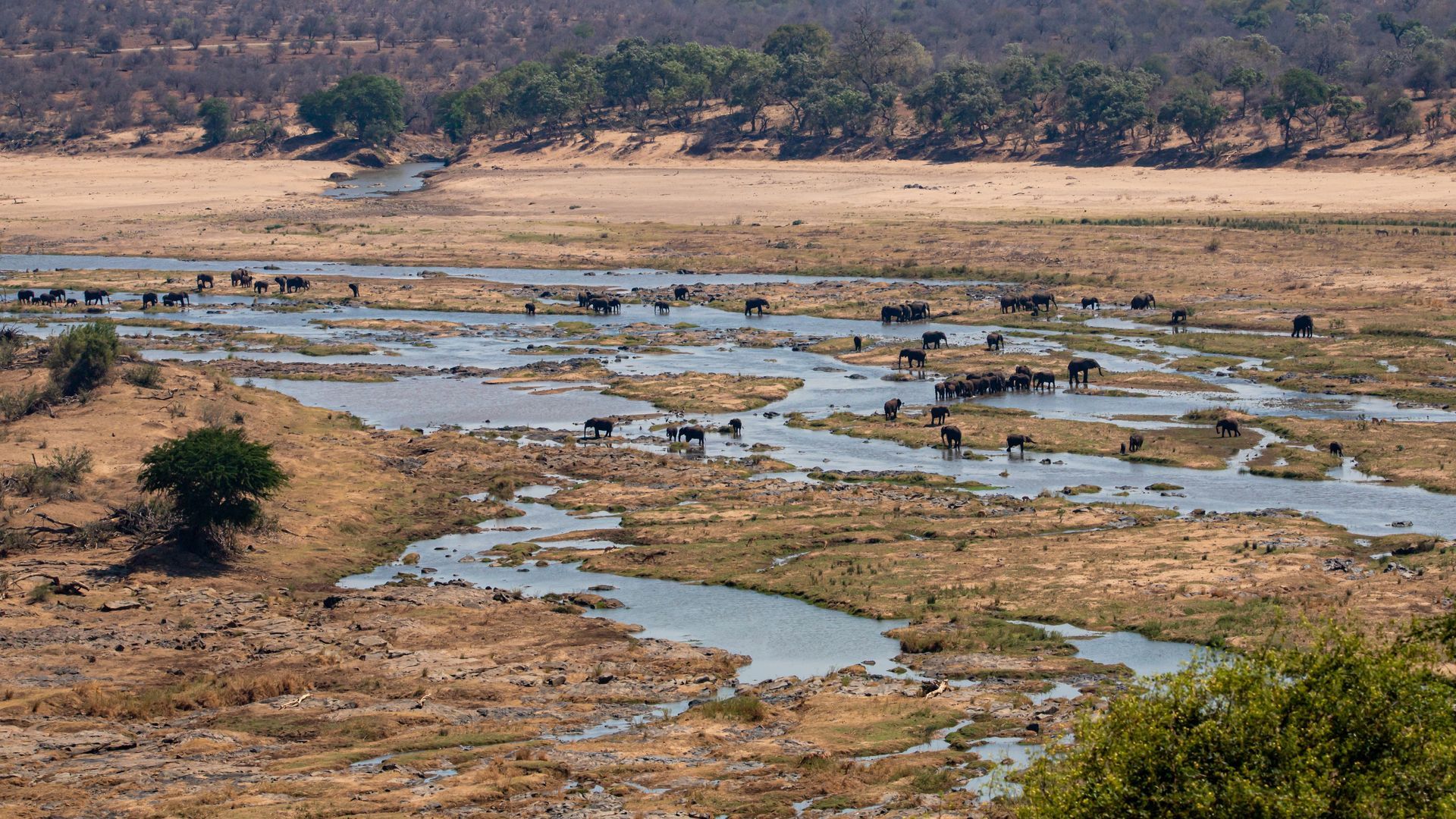
Slide title
Write your caption hereButton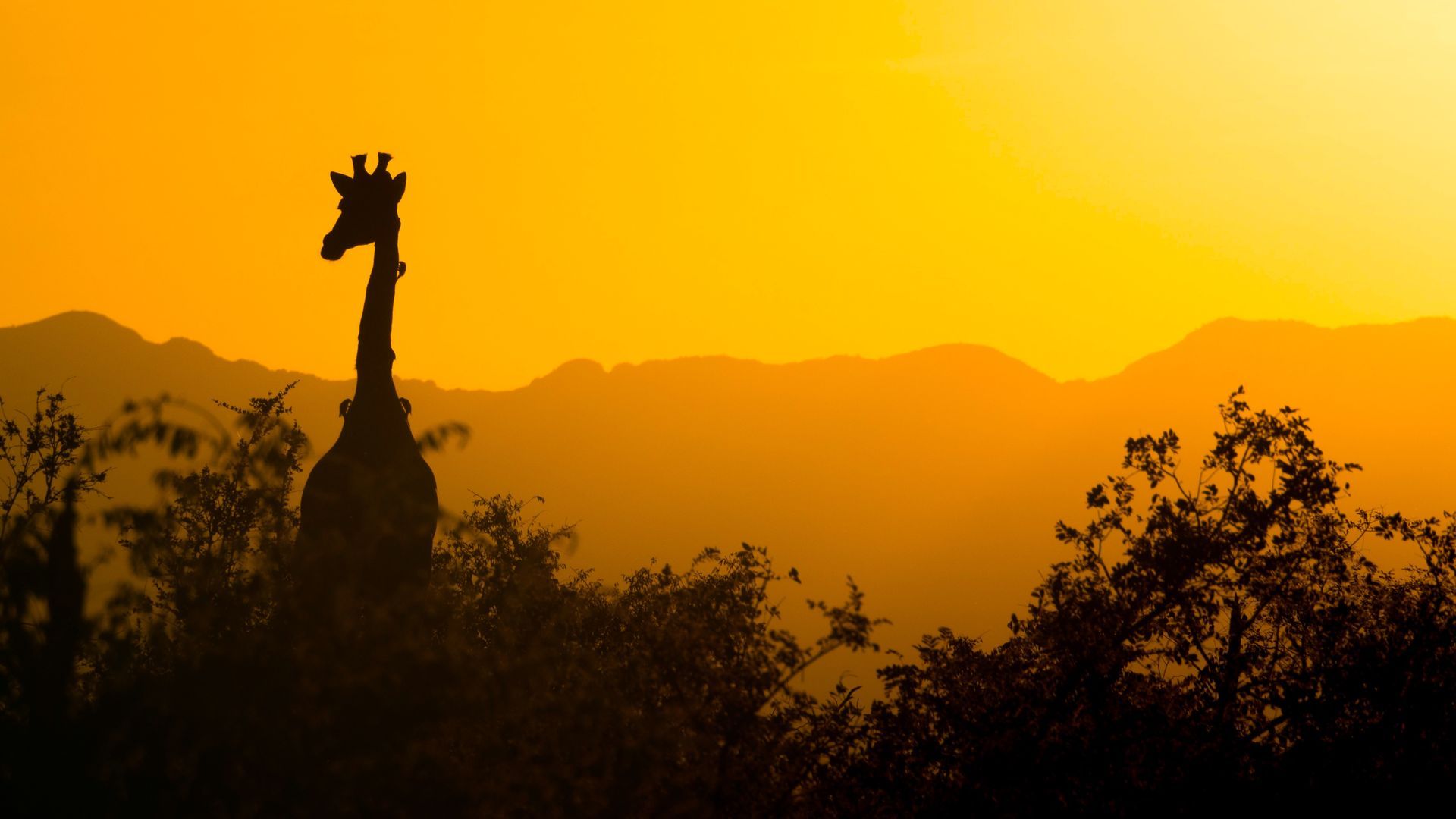
Slide title
Write your caption hereButton
Let's go...
ON SAFARI
The word "safari" comes from the Swahili language of East Africa and has its origins in ancient Arabic. It means "journey" and has become one of the most evocative words in use today. For us, a safari means adventure, discovery, exploration and enlightenment.
It means creating indelible memories of distant places and fascinating cultures. It means experiencing the meaning of life in some of the world's last great wildernesses. And most of all, safari means Africa - the place where we all began...
Let us introduce you to some of the amazing journeys you can expect when you go on safari with us, and some of the truly life-changing experiences that await...

Slide title
Write your caption hereButton
Slide title
Write your caption hereButton
Slide title
Write your caption hereButton
Let's go...
ON SAFARI
The word "safari" comes from the Swahili language of East Africa and has its origins in ancient Arabic. It means "journey" and has become one of the most evocative words in use today. For us, a safari means adventure, discovery, exploration and enlightenment.
It means creating indelible memories of distant places and fascinating cultures. It means experiencing the meaning of life in some of the world's last great wildernesses. And most of all, safari means Africa - the place where we all began...
Let us introduce you to some of the amazing journeys you can expect when you go on safari with us, and some of the truly life-changing experiences that await...
LET THE ADVENTURE BEGIN...
Click on the images below to get some inspiration and discover examples of the itineraries and packages we can put together for you...
LET THE ADVENTURE BEGIN...
Click on the images below to get some inspiration and discover examples of the itineraries and packages we can put together for you...
PACKING FOR YOUR SAFARI
Understanding what to take on your safari can be a challenge, especially if you are a first-time traveler to Africa. Even if you're a seasoned safari-goer, sometimes packing can be a mission. So here's a handy guide to help you pack the perfect safari bag:
LUGGAGE
We recommend duffel bags as the shape of choice for your safari. They're practical and easy to carry and most importantly, they are soft sided and able to squeeze into small spaces on small planes. Remember that the luggage allowance on many small planes is significantly less than on your scheduled international flights, so packing light is recommended. We will let you know about weight limits and luggage restrictions on your safari, so there's no need to worry.
CLIMATE
The seasons in Southern Africa are the opposite of the northern hemisphere. Spring runs from September to November, summer from December to February, fall from March to May and winter from June to August. Fall and winter are the driest months, with the annual rains arriving usually around October and November. This is when the heat builds up. Once the rains arrive, it gets hot and humid, with spectacular thunder storms and lots of lightning. In East Africa the climate is equatorial. The dry season is from late June to September. The region typically experiences two wet seasons. The main wet season lasts from April to early June, and a second, more sporadic one from October to December.
CLOTHING
Opt for neutral, earth tones like khaki, beige, brown and grey as these make you less conspicuous for wildlife. Make sure your clothing is comfortable and fit for purpose - you'll be climbing on and off safari vehicles, going on exciting walks in the wilderness, maybe a boat-based safari so lightweight, loose and airy are the order of the day.
Put together a mix and match wardrobe offering a variety of combinations and think "layers" so that you can add warmth where necessary. Even in the peak of summer it can get chilly in the early mornings, so make sure you have a lightweight sweater or jacket on hand. Long-sleeved shirts are also good, as are long pants, especially for walking.
WHAT TO PACK:
Any time of year:
Three of four tee-shirts
A couple of long-sleeved shirts
Two or three pairs of shorts and/or cargo pants
Two pairs of long pants
A lightweight wind-breaker or weatherproof jacket
A couple of lightweight sweaters
Hat
Sunglasses
Thongs/flipflops
Closed walking shoes
Rugged sandals/open walking shoes
Swimsuit/sarong
Fall/winter in Southern Africa (March to September)
Fleece or puffer jacket
Beanie hat, scarf and gloves
Thermal under garments
Warm socks
Walking boots
In winter the early mornings and evenings are cold - sometimes bone-chillingly so. So you're going to need a beanie-style hat, gloves and a scarf, as well as a fleece or puffer-style jacket, long pants and closed shoes or boots. Thermals are a good idea too. The daytime temperatures are warm and generally sunny - warm enough for shorts and T-shirts and even for a swim. So you'll need to pack accordingly.
COSMETICS, TOILETRIES & PERSONAL ITEMS
Keep your toiletries bag to a minimum. Every camp and lodge we use has its own amenities such as shampoo, conditioner, body wash/soap, body lotion. You'll need sun screen and a good moisturiser as well as any medicines you will need during your trip. Make copies of any prescriptions you have as a precaution and make sure you have enough of any chronic medication you take every day to last your trip.
CAMERAS, ELECTRONIC EQUIPMENT & OTHER ESSENTIALS
Backpacks are a good option as a carry-on bag and are great for taking on game activities with essentials like additional clothing/jackets, water bottles, hats etc. Bring your camera and essential electronic equipment like a cellphone and maybe an iPad. The idea of a safari is to digitally detox as well, so we don't condone sitting on your phone while on safari.
If you have them, a good pair of binoculars is a good thing to have. We recommend 8 x 42 or 10 x 50 where field of view is concerned. It's recommended to pack your own adaptors and all the charging gear you need for cameras and your digital devices/smartphones.
PACKING FOR YOUR SAFARI
Understanding what to take on your safari can be a challenge, especially if you are a first-time traveler to Africa. Even if you're a seasoned safari-goer, sometimes packing can be a mission. So here's a handy guide to help you pack the perfect safari bag:
LUGGAGE
We recommend duffel bags as the shape of choice for your safari. They're practical and easy to carry and most importantly, they are soft sided and able to squeeze into small spaces on small planes. Remember that the luggage allowance on many small planes is significantly less than on your scheduled international flights, so packing light is recommended. We will let you know about weight limits and luggage restrictions on your safari, so there's no need to worry.
CLIMATE
The seasons in Southern Africa are the opposite of the northern hemisphere. Spring runs from September to November, summer from December to February, fall from March to May and winter from June to August. Fall and winter are the driest months, with the annual rains arriving usually around October and November. This is when the heat builds up. Once the rains arrive, it gets hot and humid, with spectacular thunder storms and lots of lightning. In East Africa the climate is equatorial. The dry season is from late June to September. The region typically experiences two wet seasons. The main wet season lasts from April to early June, and a second, more sporadic one from October to December.
CLOTHING
Opt for neutral, earth tones like khaki, beige, brown and grey as these make you less conspicuous for wildlife. Make sure your clothing is comfortable and fit for purpose - you'll be climbing on and off safari vehicles, going on exciting walks in the wilderness, maybe a boat-based safari so lightweight, loose and airy are the order of the day.
Put together a mix and match wardrobe offering a variety of combinations and think "layers" so that you can add warmth where necessary. Even in the peak of summer it can get chilly in the early mornings, so make sure you have a lightweight sweater or jacket on hand. Long-sleeved shirts are also good, as are long pants, especially for walking.
WHAT TO PACK:
Any time of year:
Three of four tee-shirts
A couple of long-sleeved shirts
Two or three pairs of shorts and/or cargo pants
Two pairs of long pants
A lightweight wind-breaker or weatherproof jacket
A couple of lightweight sweaters
Hat
Sunglasses
Thongs/flipflops
Closed walking shoes
Rugged sandals/open walking shoes
Swimsuit/sarong
Fall/winter in Southern Africa (March to September)
Fleece or puffer jacket
Beanie hat, scarf and gloves
Thermal under garments
Warm socks
Walking boots
In winter the early mornings and evenings are cold - sometimes bone-chillingly so. So you're going to need a beanie-style hat, gloves and a scarf, as well as a fleece or puffer-style jacket, long pants and closed shoes or boots. Thermals are a good idea too. The daytime temperatures are warm and generally sunny - warm enough for shorts and T-shirts and even for a swim. So you'll need to pack accordingly.
COSMETICS, TOILETRIES & PERSONAL ITEMS
Keep your toiletries bag to a minimum. Every camp and lodge we use has its own amenities such as shampoo, conditioner, body wash/soap, body lotion. You'll need sun screen and a good moisturiser as well as any medicines you will need during your trip. Make copies of any prescriptions you have as a precaution and make sure you have enough of any chronic medication you take every day to last your trip.
CAMERAS, ELECTRONIC EQUIPMENT & OTHER ESSENTIALS
Backpacks are a good option as a carry-on bag and are great for taking on game activities with essentials like additional clothing/jackets, water bottles, hats etc. Bring your camera and essential electronic equipment like a cellphone and maybe an iPad. The idea of a safari is to digitally detox as well, so we don't condone sitting on your phone while on safari.
If you have them, a good pair of binoculars is a good thing to have. We recommend 8 x 42 or 10 x 50 where field of view is concerned. It's recommended to pack your own adaptors and all the charging gear you need for cameras and your digital devices/smartphones.
PACKING FOR YOUR SAFARI
Understanding what to take on your safari can be a challenge, especially if you are a first-time traveler to Africa. Even if you're a seasoned safari-goer, sometimes packing can be a mission. So here's a handy guide to help you pack the perfect safari bag:
LUGGAGE
We recommend duffel bags as the shape of choice for your safari. They're practical and easy to carry and most importantly, they are soft sided and able to squeeze into small spaces on small planes. Remember that the luggage allowance on many small planes is significantly less than on your scheduled international flights, so packing light is recommended. We will let you know about weight limits and luggage restrictions on your safari, so there's no need to worry.
CLIMATE
The seasons in Southern Africa are the opposite of the northern hemisphere. Spring runs from September to November, summer from December to February, fall from March to May and winter from June to August. Fall and winter are the driest months, with the annual rains arriving usually around October and November. This is when the heat builds up. Once the rains arrive, it gets hot and humid, with spectacular thunder storms and lots of lightning. In East Africa the climate is equatorial. The dry season is from late June to September. The region typically experiences two wet seasons. The main wet season lasts from April to early June, and a second, more sporadic one from October to December.
CLOTHING
Opt for neutral, earth tones like khaki, beige, brown and grey as these make you less conspicuous for wildlife. Make sure your clothing is comfortable and fit for purpose - you'll be climbing on and off safari vehicles, going on exciting walks in the wilderness, maybe a boat-based safari so lightweight, loose and airy are the order of the day.
Put together a mix and match wardrobe offering a variety of combinations and think "layers" so that you can add warmth where necessary. Even in the peak of summer it can get chilly in the early mornings, so make sure you have a lightweight sweater or jacket on hand. Long-sleeved shirts are also good, as are long pants, especially for walking.
WHAT TO PACK:
Any time of year:
Three of four tee-shirts
A couple of long-sleeved shirts
Two or three pairs of shorts and/or cargo pants
Two pairs of long pants
A lightweight wind-breaker or weatherproof jacket
A couple of lightweight sweaters
Hat
Sunglasses
Thongs/flipflops
Closed walking shoes
Rugged sandals/open walking shoes
Swimsuit/sarong
Fall/winter in Southern Africa (March to September)
Fleece or puffer jacket
Beanie hat, scarf and gloves
Thermal under garments
Warm socks
Walking boots
In winter the early mornings and evenings are cold - sometimes bone-chillingly so. So you're going to need a beanie-style hat, gloves and a scarf, as well as a fleece or puffer-style jacket, long pants and closed shoes or boots. Thermals are a good idea too. The daytime temperatures are warm and generally sunny - warm enough for shorts and T-shirts and even for a swim. So you'll need to pack accordingly.
COSMETICS, TOILETRIES & PERSONAL ITEMS
Keep your toiletries bag to a minimum. Every camp and lodge we use has its own amenities such as shampoo, conditioner, body wash/soap, body lotion. You'll need sun screen and a good moisturiser as well as any medicines you will need during your trip. Make copies of any prescriptions you have as a precaution and make sure you have enough of any chronic medication you take every day to last your trip.
CAMERAS, ELECTRONIC EQUIPMENT & OTHER ESSENTIALS
Backpacks are a good option as a carry-on bag and are great for taking on game activities with essentials like additional clothing/jackets, water bottles, hats etc. Bring your camera and essential electronic equipment like a cellphone and maybe an iPad. The idea of a safari is to digitally detox as well, so we don't condone sitting on your phone while on safari.
If you have them, a good pair of binoculars is a good thing to have. We recommend 8 x 42 or 10 x 50 where field of view is concerned. It's recommended to pack your own adaptors and all the charging gear you need for cameras and your digital devices/smartphones.

